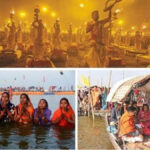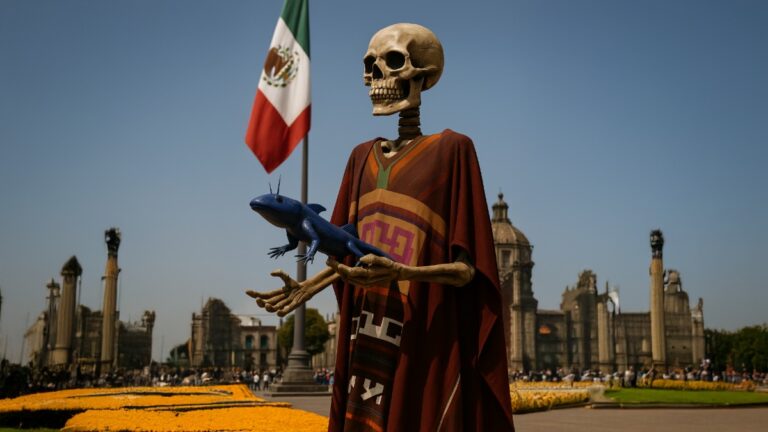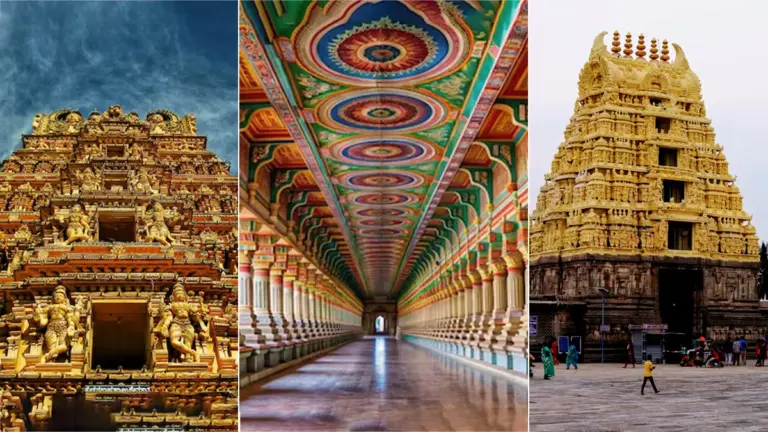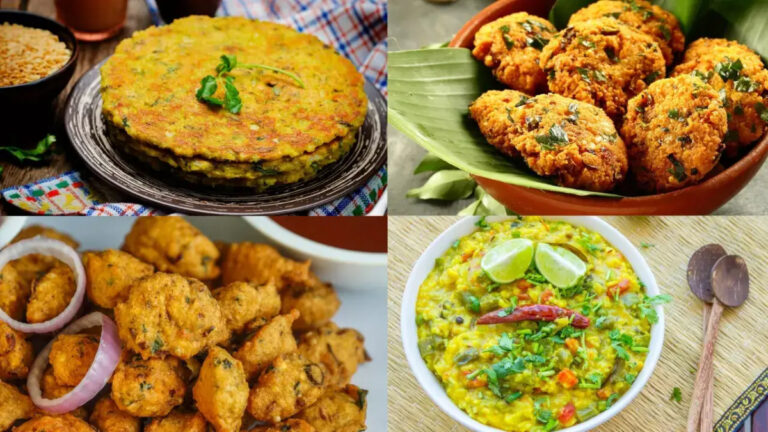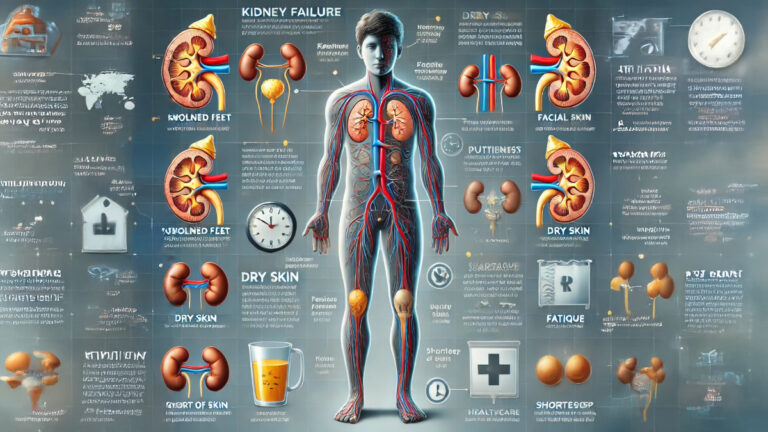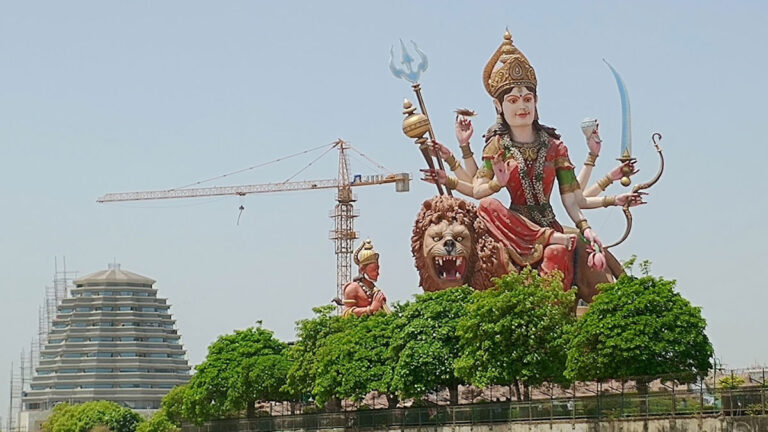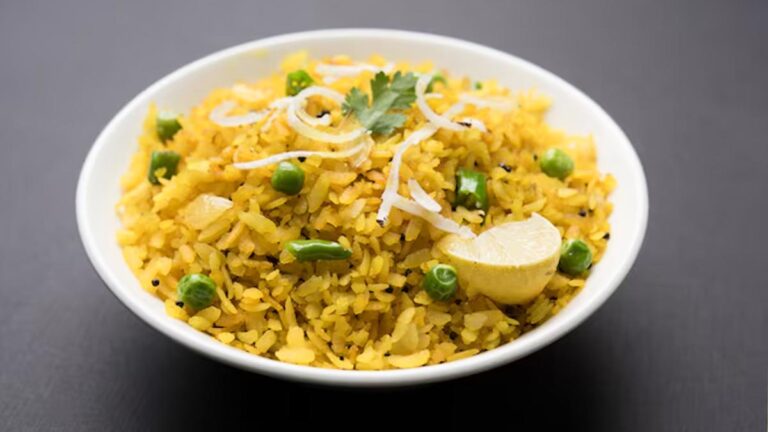Table of Contents
Significance And Traditions of Diwali: also known as Diwali, is a major festival of India which is celebrated every year on the new moon day of the month of Kartik. This festival is not only a symbol of religious faith but also a symbol of cultural and social harmony. Deepawali means ‘row of lamps,’ and on this day houses, markets and temples are decorated with lamps and colorful lights. The enthusiasm of this festival is seen not only in India but also in various countries around the world, where the Indian community celebrates this festival with great fervor.
Significance And Traditions Of Diwali:
Religious significance
Deepawali is related to the return of Lord Rama to Ayodhya. It is believed that after 14 years of exile and the killing of Ravana, Shri Ram, Mata Sita and Lakshman returned to Ayodhya. To welcome them, the people of Ayodhya made grand preparations to welcome them by lighting lamps all over the city. Apart from this, this day is also celebrated to commemorate the killing of Narakasura by Lord Krishna. Diwali also holds a special significance for the followers of Jainism, as it was on this day that Lord Mahavira attained salvation. In Sikhism, this day is also celebrated as Bandi Chhor Divas, when Guru Hargobind Ji was freed from the captivity of the Mughals.
Significance And Traditions Of Diwali: Cleaning, decoration and religious rituals
The festival of Diwali is not only a symbol of lights, but also of cleaning, decoration and religious rituals. People clean their houses before Diwali and decorate the entrance by making beautiful rangolis. It is believed that on the day of Lakshmi Pujan, Goddess Lakshmi arrives in the house and blesses with prosperity. That is why on the day of Diwali, people decorate their houses and worship Lakshmi-Ganesh.
Significance And Traditions of Diwali: Five-day celebration
The festival of Diwali is not limited to just one day, but it is a celebration that lasts for five days. The first day begins with Dhanteras, in which people buy new utensils, jewelry, or clothes. After this comes Narak Chaturdashi or Chhoti Diwali, in which the victory of good over evil is celebrated. Lakshmi Puja is performed on the main Diwali day, in which idols of Lakshmi-Ganesh are worshipped. Govardhan Puja is performed on the fourth day and finally there is the festival of Bhai Dooj, which symbolizes the strength of the brother-sister relationship.
Modern Diwali and environmental concerns
In today’s time, there have been many changes in the ways of celebrating Diwali. Now people are supporting eco-friendly Diwali and reducing the use of firecrackers so that there is less impact on pollution and environment. Apart from this, through digital technology, people are sending Diwali wishes to their loved ones, due to which this festival has become even more widespread. Now people are using earthen diyas and rangoli made of natural colors, which also has a positive impact on the environment.
Significance And Traditions Of Diwali: Social message of Diwali
The real message of Diwali is that we should remove the ignorance, darkness and negativity prevailing in our lives and bring light, knowledge and positivity in our lives. This festival gives us the message of brotherhood, love and harmony. Diwali reminds us that after every darkness comes light, and after every difficulty comes happiness.
Thus, this festival of Diwali is not just a symbol of external lights but also of inner awareness, introspection and positive change in the society. This Diwali, let us pledge that we will not only decorate our house with lamps but also illuminate our minds with the lamps of love, compassion and kindness.


